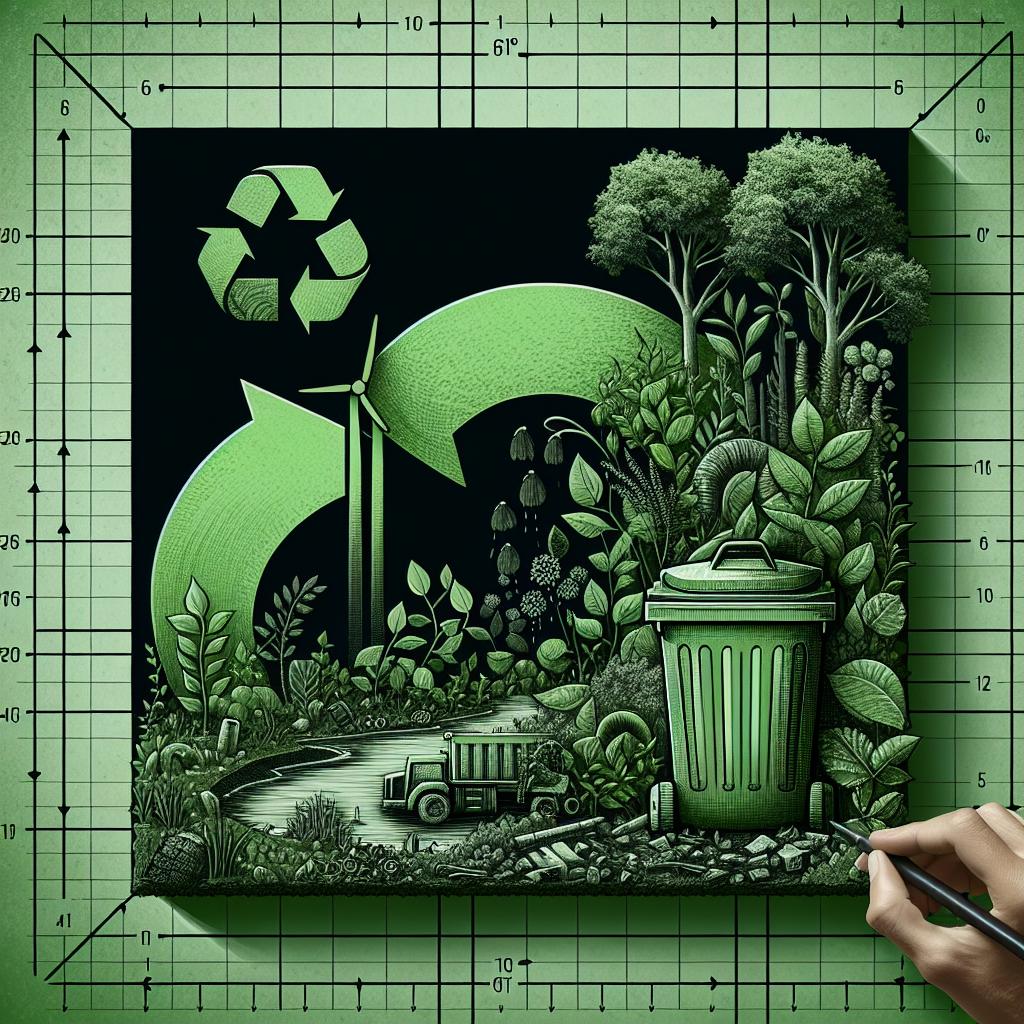Blog Ecobraz Eigre

How does the carbon offset linked to my disposal work?
What is carbon offsetting?
Carbon offsetting is a process that seeks to balance greenhouse gas emissions generated by human activities, neutralizing the environmental impact through projects that capture or prevent the emission of these gases. In the context of disposal, especially of waste such as electronics, plastics and organics, offsetting helps to minimize damage to the environment by promoting more sustainable practices.
Relating disposal to carbon emissions
When we dispose of waste inappropriately, it can release polluting gases such as methane in landfills or contribute to soil and water contamination. These indirect processes increase the amount of carbon and other greenhouse gases in the atmosphere, aggravating the problem of global warming.
How carbon offsetting works in waste disposal
By disposing of waste correctly, it is possible to take part in programs that offset the carbon emissions associated with this disposal. These programs generally invest in environmental initiatives such as reforestation, renewable energy and sustainable technologies that capture carbon from the atmosphere or prevent future emissions of these gases.
For example, recycling materials reduces the need to extract natural resources and produce new materials, reducing carbon emissions during the production process. The proper treatment of organic waste can be a source of biogas, clean energy that replaces fossil fuels.
Benefits of carbon offsetting linked to disposal
- Reducing environmental impact: reduces pollution and helps protect ecosystems.
- Encouraging the circular economy: promotes reuse and recycling, reducing waste.
- Environmental awareness: educates and engages people in maintaining sustainable disposal practices.
- Support for environmental projects: strengthens actions that combat climate change and preserve biodiversity.
How to participate in carbon offsetting linked to disposal
To contribute to carbon offsetting in your disposal, it is essential to adopt conscious habits. This includes correctly separating waste, using selective collection points and appropriate destinations, and opting for disposal options that are connected to environmental offsetting programs.
In addition, some initiatives offer the possibility of calculating the carbon footprint associated with disposal and investing directly in projects that neutralize these emissions.
The role of technologies and innovations in carbon offsetting
New technologies have made it easier to measure and offset carbon emissions related to disposal. Digital platforms and apps help consumers identify the environmental impact of their waste and direct resources to offset projects.
In addition, innovations in waste treatment, such as biodigesters and advanced recycling processes, increase efficiency in reducing greenhouse gases.
Challenges and future prospects
Despite the benefits, carbon offsetting linked to waste still faces challenges such as a lack of information, inadequate infrastructure and economic barriers. Overcoming these obstacles requires a joint effort by society as a whole to strengthen the culture of sustainable disposal and environmental offsetting.
With the advancement of public policies and greater awareness, it is hoped that the practice will become increasingly common, contributing to a more sustainable and balanced future.

Deixe um comentário
O seu endereço de e-mail não será publicado. Campos obrigatórios são marcados com *